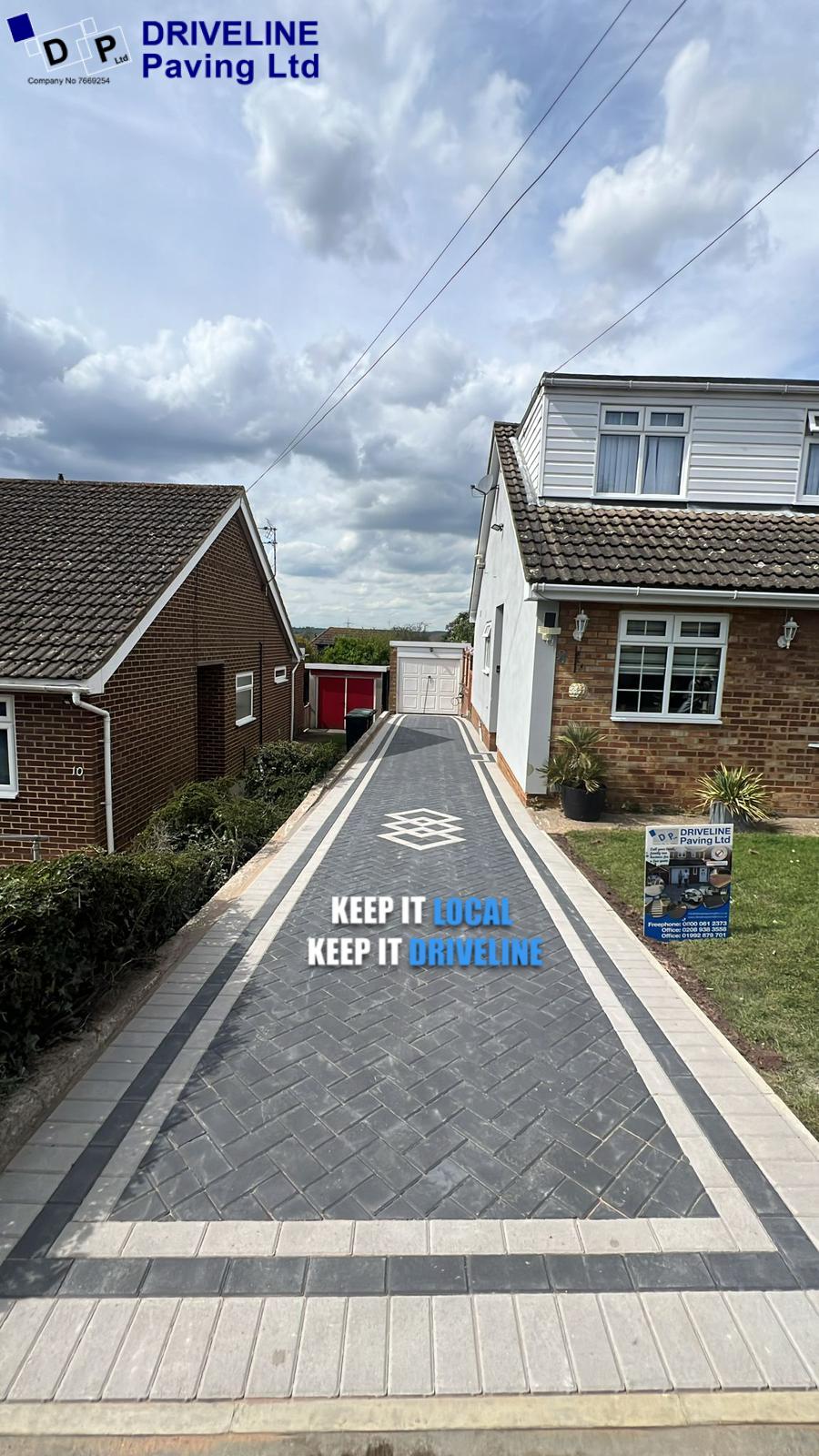Heatline to Hairline: Why August Cracks Become Winter Nightmares
Summer often hides small flaws in driveways. Warm weather dries surfaces quickly, weeds mask imperfections, and sunlight makes even worn paving look brighter. Yet beneath the surface, the season is busy creating conditions that lead to cracks. What begins as a faint line in August can widen dramatically by winter, leaving homeowners with costly repairs. Understanding why this happens—and how to prevent it—helps protect your investment and keep driveways safe all year round.
How Heat Causes Driveway Cracks
Driveway materials expand in hot conditions. Tarmac, concrete, and even block paving all react to the sun’s intensity. This expansion places stress on the surface.
- Tarmac softening: Prolonged exposure to heat softens tarmac, making it more vulnerable to indentations and surface movement.
- Concrete shrinkage: When concrete loses moisture in dry conditions, it can contract unevenly, causing fine cracks.
- Block paving joints: Blocks themselves may not crack, but their joints dry out, loosening sand and creating gaps.
These heatlines are often small and appear harmless, but they set the stage for winter damage.
Why Cracks Worsen in Cold, Wet Weather
The real danger begins when the seasons change. Cold weather, rainfall, and freezing temperatures magnify small weaknesses into significant problems.
- Freeze-thaw cycle: Water seeps into cracks during autumn. As temperatures drop, it freezes and expands, forcing the crack wider. Repeated cycles cause fractures to spread quickly.
- Erosion from rain: Heavy downpours wash away jointing sand in block paving or undermine the base layers in tarmac and concrete.
- Hidden damage: What looks like a hairline fracture on the surface may disguise deeper structural issues forming beneath.
By winter, these small August imperfections can become wide, uneven breaks that compromise the entire driveway.
Materials Most at Risk
Not all driveways react to seasonal changes in the same way.
- Concrete driveways: Known for strength, but prone to visible cracking if installation or sealing is poor. Once cracks begin, they can spread rapidly with frost.
- Tarmac driveways: Flexible in summer, but vulnerable to potholes as water infiltrates softened areas and freezes.
- Block paving: Less likely to crack individually, but loose blocks and missing sand joints allow movement, creating uneven surfaces.
- Resin-bound driveways: Resistant to cracking thanks to their flexibility, but scratches or poor installation can still leave weak points.
Each material benefits from different preventative measures, but all require attention before winter sets in.
Early Repairs vs Costly Replacements
Addressing driveway cracks in August saves significant money and hassle compared to tackling the damage mid-winter.
- Crack sealing: Small gaps can be filled with professional-grade sealants designed to withstand expansion and contraction.
- Joint re-sanding: For block paving, replenishing sand stabilises the structure and prevents water infiltration.
- Surface resealing: Applying protective coatings to tarmac or concrete shields them from moisture, frost, and further deterioration.
- Drainage adjustments: Fixing slope issues ensures water drains away rather than pooling in cracks.
When dealt with early, these measures extend the lifespan of a driveway. Leaving the problem unresolved risks potholes, uneven surfaces, and expensive full replacements.

Professional Inspection and Prevention
A professional eye can identify risks that homeowners might miss. Fine hairline cracks, uneven settlement, or poor drainage patterns are best spotted early. Trained teams use the right materials and techniques to prevent minor flaws from becoming major issues.
Regular inspections and seasonal maintenance provide peace of mind. Professionals ensure:
- Correct sealants are applied for each driveway type.
- Hidden weaknesses are addressed before they worsen.
- The base structure remains stable and secure.
These preventative measures not only protect against winter damage but also maintain kerb appeal, keeping homes looking cared-for and welcoming.

Protect Your Driveway from Summer to Winter
What appears to be a harmless heatline in August can quickly turn into a disruptive winter nightmare. From freeze-thaw expansion to rainwater erosion, small cracks rarely remain small for long.
Investing in early repairs, sealing, and professional inspection prevents the expense and stress of emergency fixes during the coldest months. Whether you own a tarmac, concrete, block, or resin driveway, addressing vulnerabilities in late summer is the smart choice.
For homeowners in Essex and North London, Driveline Paving Ltd provides expert driveway maintenance, repair, and installation services. Their skilled team ensures surfaces are built and maintained to withstand seasonal challenges—delivering both durability and safety.
Contact Driveline Paving Ltd today for a free consultation and secure your driveway before winter turns minor cracks into major problems.


